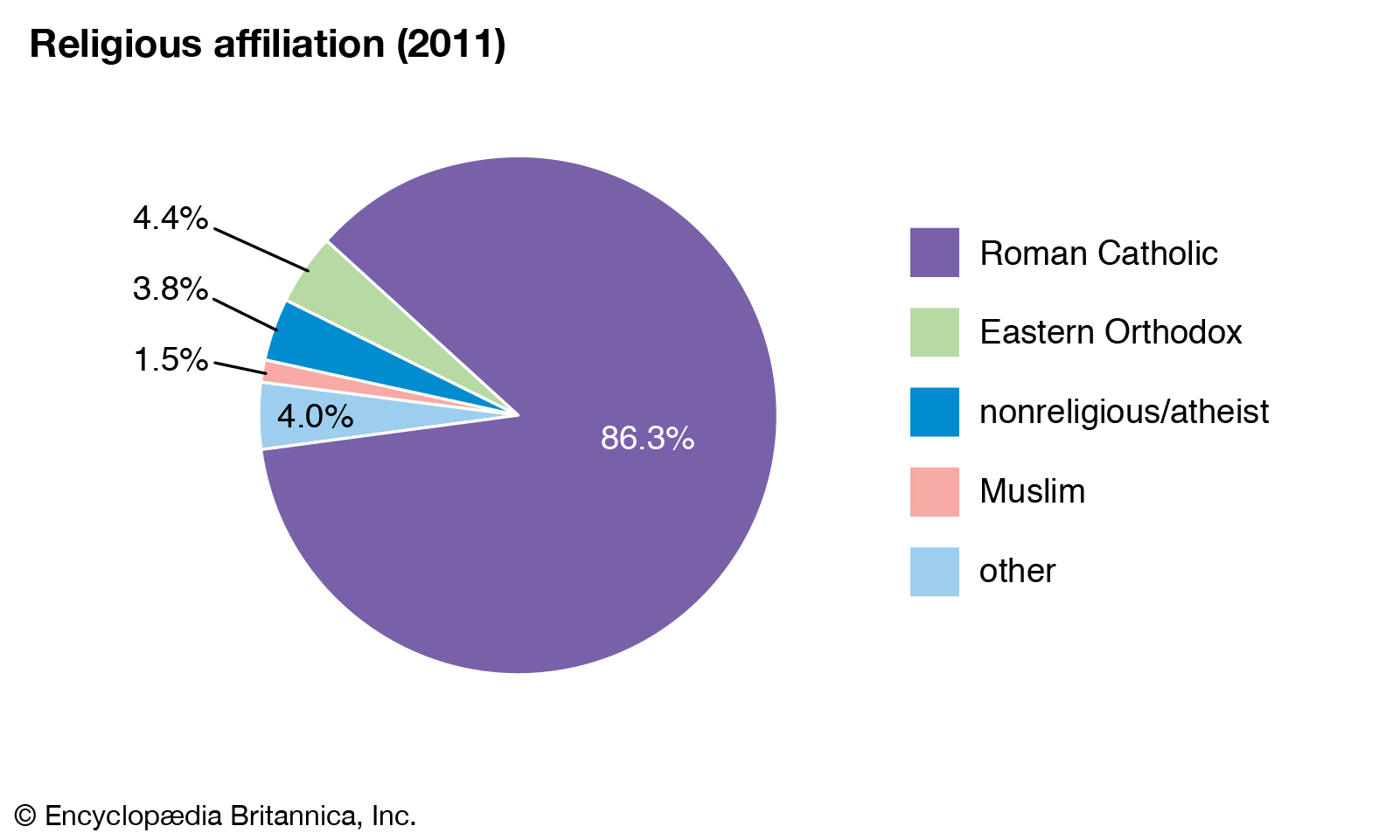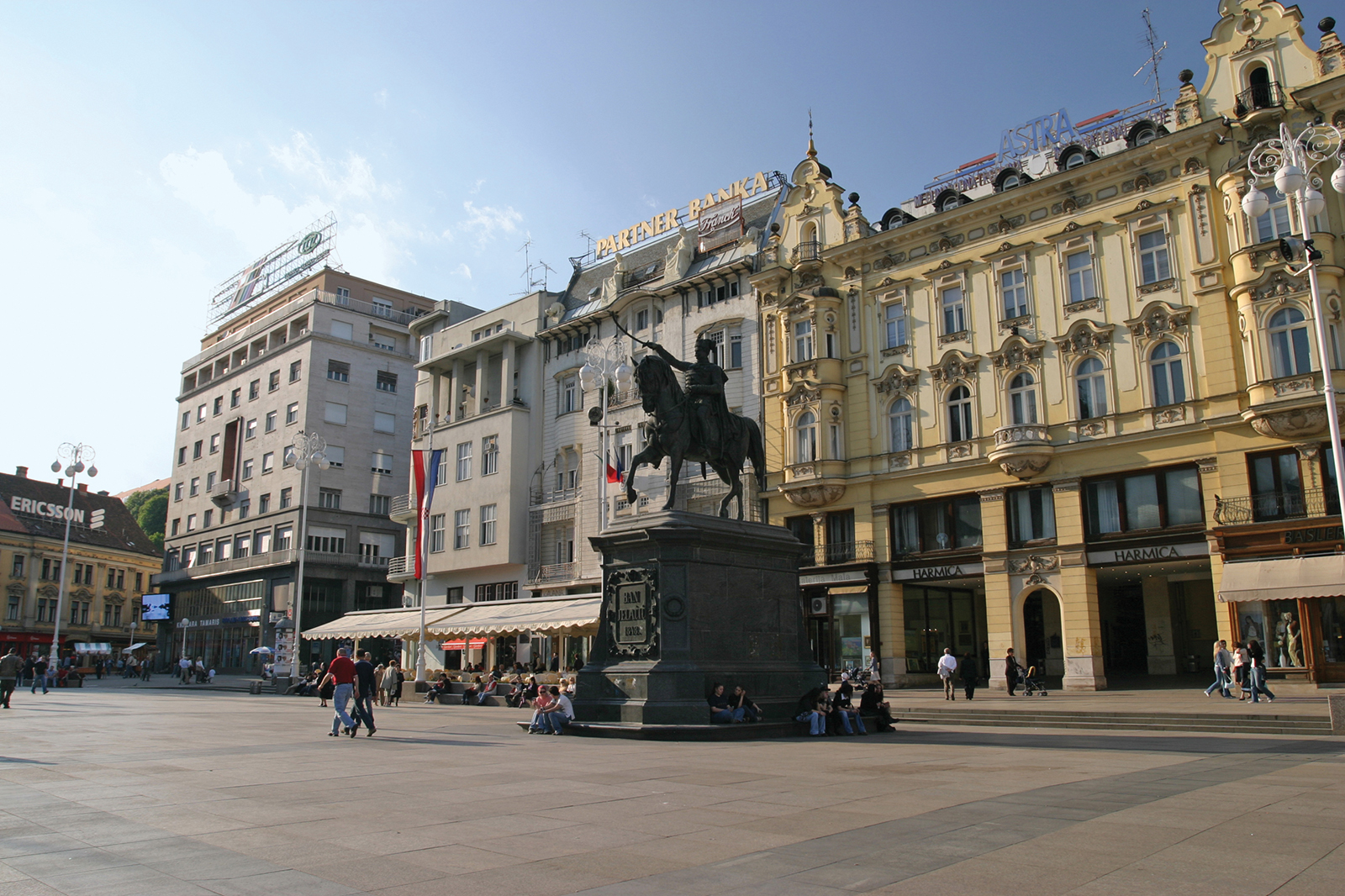About Croatia
Croatia became an independent nation on this day 27 years ago. Today it is one of the holiday destinations growing fastest in popularity among British travellers, with 1.4 million visiting in the first half of 2018, up from just over a million in the same period of 2017.
And it’s not all down to Game of Thrones (though that has helped). Here are 25 reasons why you should join them (if you haven’t already).
As a member of the European Union (EU) experiencing economic growth and stability, Croatia is a great place for both companies and workers. If you’re considering an expansion to Croatia, you need to know how to get a Croatia work visa for every employee. Without these visas in place, you could face fines or delays due to non-compliant workers.
Duration Of Process
It takes approx 1.5 to 2 months for the whole process.Available Jobs In Croatia
Construction Jobs
Farming
Driver
Hospitality
House Keeping Workers
Types of Croatia Work Permits
Your employees planning to work in Croatia will need a work permit and a residency permit. Since Croatia is part of the EU, most European citizens can live and work in the country without a visa. If your employees are outside of the EU, they’ll need to obtain a work permit through their local Republic of Croatia diplomatic mission.
Most Croatia work and residence permits are limited to 12 months. However, Croatia allows applicants to extend their work permit at least 60 days before it expires if they need to continue to work in the country. Croatia is also a part of the EU Blue Card network, which can help third-country nationals, as the Blue Card is valid for two years.
While the work and residence permit combination is the most common way for employees to obtain a work visa in Croatia, some may be eligible for a work registration certificate. These certificates are typically for consultants, performers, journalists, and members of a religious order.
Requirements to Obtain a Work Visa
Croatia uses a quota system for work and residence permits, which means applicants will get a work permit only if the country is below its quota — even if the individual fulfills all the criteria. Occasionally, the country offers permits to applicants even after reaching the limit. However, the applicant has to provide more details or explain their suitability for a role and why it cannot be filled locally.
All applicants need certain documents, including:
- A copy of their passport
- A passport-size photo
- Proof of their ability to support themselves while in Croatia
- Evidence of health insurance
- An employment contract
- Proof of academic qualifications and skills
- Evidence of their company’s registration
Employees looking to get an EU Blue Card must be from a country outside the EU and have completed a bachelor’s degree or have five years of senior professional experience. Applicants also need a binding job offer or an active work contract. Member states will often fast track the Blue Card application process, making it faster than the traditional work and resident permit process

Work Permit (Type A) – This permit is required for foreign individuals who work for a EU employer.
Work Permit (Type C or E) – This permit is available for those sent to work in EU through an intra-company transfer.
Business visa (Schengen Visa C or D)
Freelance/entrepreneur visa
Each type of work permit has its own requirements. Remember that employees will need both a valid visa or residence permit and a work permit.
Inquiry Now













